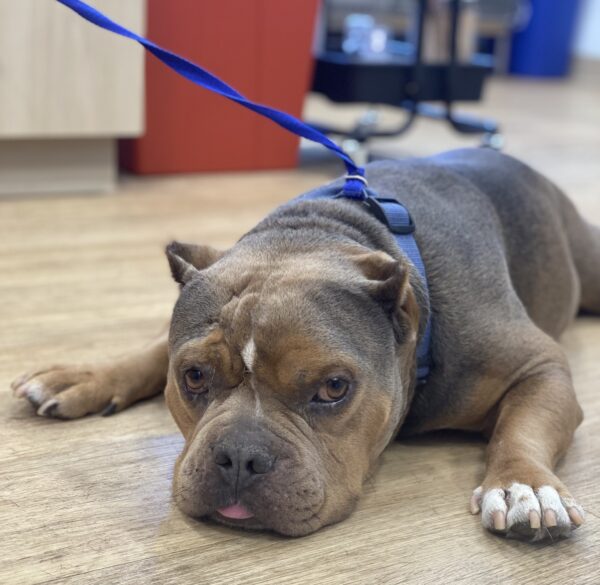
The time of initial exposure (bite from an infected mosquito) to the time heartworm disease is detectable on a blood test is approximately six months. So it’s important to understand some of the steps you can take to protect your pets from this harmful disease. The experts from Veterinary Urgent Care Center (VUCC) are here to offer you some key things to remember when caring for your pet and ensuring they are up-to-date on preventative measures for cases such as heartworm.
- Your absolute best defense against heartworm disease is to stay up to date on monthly preventatives. There are many brands on the market, so make sure you speak to your primary care veterinarian about the options you have, whether pill form or another ingestible, to give your pet. Mark the date on your calendar each month or set a reminder in your cell phone to alert you when your pet is due their preventative medicine.
- Schedule your pet’s annual visit! An annual screening for heartworm disease and the three most common tick infections is recommended, in a combination test called 4Dx Snap test. During an exam, your veterinary provider will be able to see if evidence of heartworm is present in your pet’s blood. Sometimes, heartworms can even be identified under a microscope. If found, the pet will have to undergo a series of tests, including x-rays and other exams, to evaluate whether the heartworm has inhabited any vital organs (they don’t call them “heartworms” for nothing!). Staying on top of preventative and your yearly check up will save you money in the long run.
- If you have a new addition to the family, especially if it is a rescue from one of the southern states, or if you believe you have had a lapse in prevention from more than two months, it is recommended to test your puppy (6mo +), re-start prevention, and then test for heartworm six months later.
Prevention is your best bet. If you are having a hard time scheduling an appointment to see your primary care veterinarian and are worried about missing timelines on important immunizations, please visit our website and book an appointment at any of our locations by visiting us here! Please note, due to the nature of urgent care, we will see the most serious cases first, regardless if the pet is a walk-in or a scheduled appointment. We appreciate your understanding and willingness to work with us as we care for the sickest pets first!



